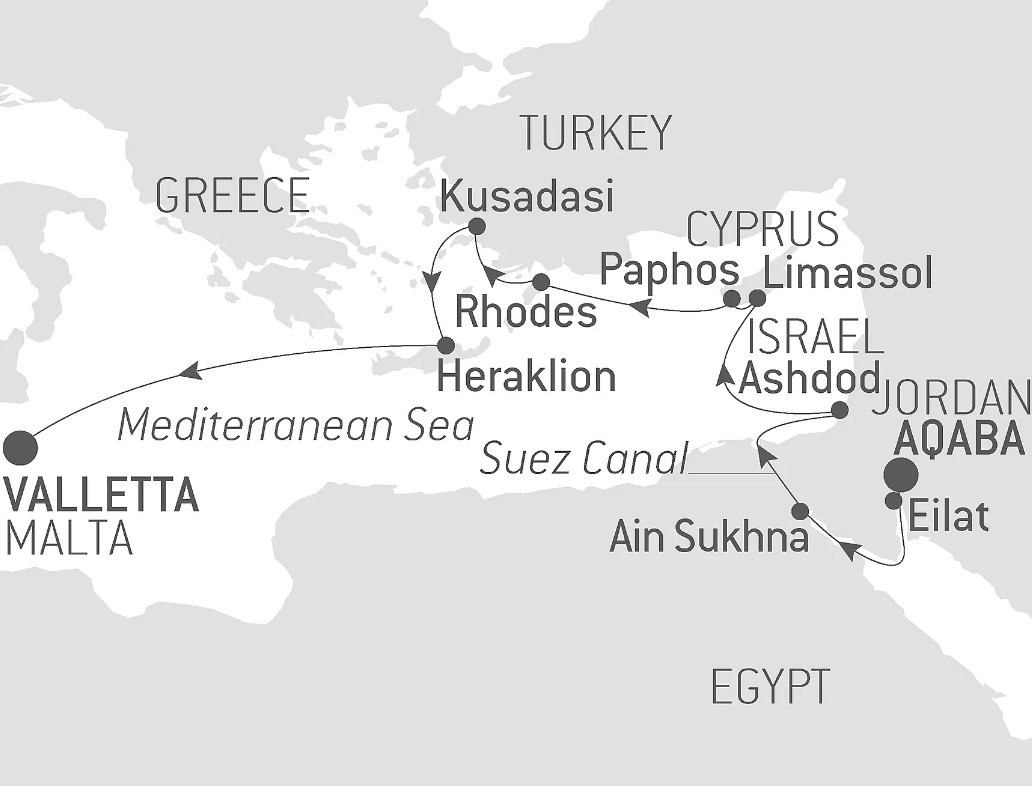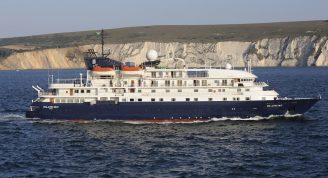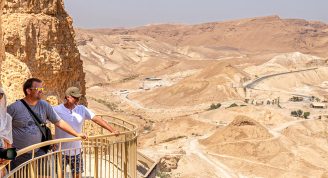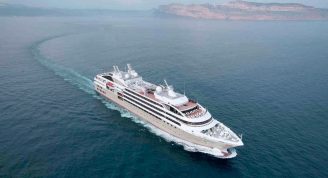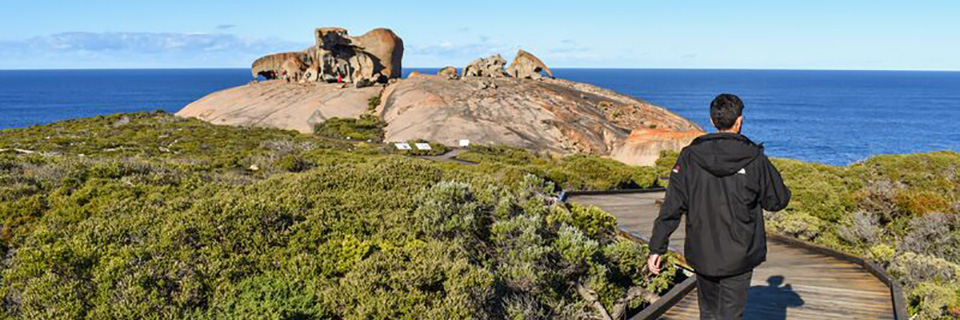Description
In alliance with Smithsonian Journeys.
This cruise is part of a collection of PONANT voyages that are specially-tailored for English-speaking travelers who want to engage with the world. In addition to the usual elements of the PONANT experience, the listed price for these voyages includes transfers to and from the ship, talks and discussions aboard ship by world class experts, and a shore excursion or activity in each port of call that encourages guests to embrace the sights, sounds, tastes, and smells of the local environment and culture.
From the Red Sea, through the Suez Canal, and into the central Mediterranean, this voyage aboard Le Champlain devotes 13 days to exploring the iconic sites of this exceptionally culturally rich corner of the world, encompassing Israel, Egypt, Cyprus, the Turkish coast, and the Greek Islands of Rhodes and Crete.
Embark in Aqaba, Jordan, the gateway to Petra and the Wadi Rum Protected Area.
Beginning in the Israeli port of Eilat on the Gulf of Aqaba, your first day of discovery offers a choice between a visit to Masada, where a group of Jewish Zealots held out against the Roman army for three years before committing mass suicide rather than surrender, or an exploration of the fabled Mines of King Solomon.
After a day at sea, an excursion to Cairo focuses on the legacy of Pharaonic Egypt, beginning with the Great Pyramids of Giza and the Sphinx, the only one of the Seven Wonders of the Ancient World still in existence, and ending with a visit to the newly opened (October 2022) Grand Egyptian Museum.
During the fifth day of the voyage, Le Champlain transits the Suez Canal, which was built between 1859 and 1869 to shorten the sea route from the Indian Ocean to Western Europe by over 5,000 miles.
Arriving in the Mediterranean Sea, travel from the port of Ashdod to Jerusalem, the ancient city that is holy to Jews, Christians, and Muslim alike, and discover the Church of the Holy Sepulcher, the Western Wall, and the Temple Mount.
During two days on the island of Cyprus, you may explore the UNESCO sites of Tombs of the Kings and the ancient town of Paphos, famous for its mosaics, or you may enjoy a culinary tour providing samples of Cypriot wines, cheeses, breads, and other mezze.
The Greek island of Rhodes, known in antiquity for its schools of philosophy, rhetoric, and sculpture, today boasts one of Europe’s largest medieval towns, built by the Knights of St. John during the Crusades, and a wonderful city to explore on foot.
Kusadasi on Turkey’s Aegean coast is your gateway to Ephesus, one of the world’s greatest archaeological sites, spanning the period from the Hellenistic world through the early Christian era. The immense excavation here includes temples of several Roman emperors, the iconic Library of Celsus, and the terraced hill houses, with their splendid mosaics and frescoes, overlooking the city below.
The largest of the Greek islands, Crete was home to the Minoans, Europe’s earliest advanced civilization. From Heraklion, travel to Knossos to explore its fabled Minoan Palace, showing life as it was some 4,000 years ago. The palace is a maze of frescoed passageways and chambers that may well have inspired the myth of the labyrinth of the Minotaur. Also choose to visit the Heraklion Museum, with exhibits of Minoan finds from around the island.
The final day of this extraordinary voyage is at sea, providing an opportunity to reflect on all that you have seen and done and to prepare for disembarkation in Malta.













